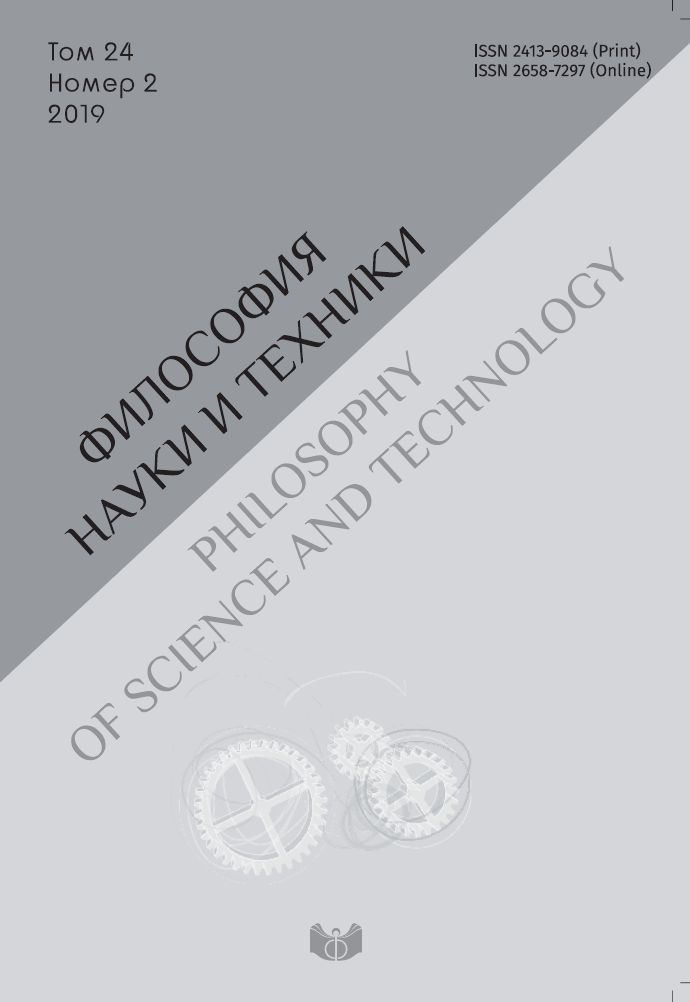What does feminist theory of science seek to achieve?
DOI:
https://doi.org/10.21146/2413-9084-2019-24-2-137-149Keywords:
feminist theory, gender, sex, gender roles, feminist philosophy of scienceAbstract
Five introductory remarks explain the conception of feminist theory, emphasizing that this research project does not represent one single way of thinking but a complex discourse that focuses on the fact that, in all spheres of life, the relations of the sexes tend to be marked by asymmetrical structures imposing discrimination and oppression on women. As the introduction further points out, the aim of feminist theory is not to establish a new academic discipline, but rather to introduce the concern for just relations between the sexes as a critical tool to be applied in the whole range of the humanities as well as the natural sciences. Explaining the relevance of the “sex/gender” distinction, the second part of the paper discusses the ways in which bodies have commonly been related to social norms. As critical analysis shows, any conceptions of a gendered social order are based on a naturalistic fallacy, and fail to acknowledge that individual distinction is a characteristic feature of the human being. The paper further highlights that traditional ideas of distinct gender roles have entailed the notorious feminization of poverty. A summary of the development of the feminist critique of the sciences points out how this critique is based on general “non-classical” approaches to epistemology and philosophy of science, from post-positivist conceptions through deconstructivism. Discussing the controversies between different feminist approaches, the paper addresses the flaws of exaggerated constructivist claims and emphasizes that the core concern of the ongoing project is to examine the gendered dimensions of background beliefs, institutional structures, and social relations that shape scientific practice, with the aim to yield knowledge that is cognizant of its particularity. As the paper finally underscores, this approach does not result in a relativistic conception but rather fosters the chance for a better-argued theory.











